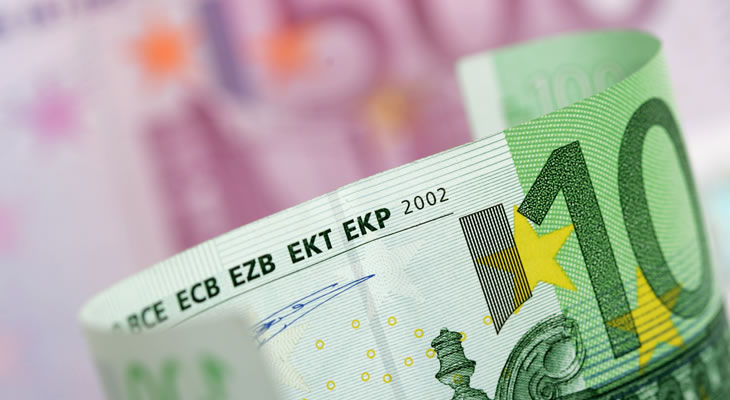Solid Eurozone Manufacturing Performance Dents Pound Euro (GBP/EUR) Exchange Rate
As the impact of the eleventh hour UK-EU deal agreed over the Christmas break faded the Pound to Euro (GBP/EUR) exchange rate returned to the back foot.
Although the finalised raft of Eurozone manufacturing PMIs saw some modest downward revision from their initial estimates this was not enough to keep the Euro (EUR) from rallying.
With manufacturing across the currency union picking up solidly in December, in spite of the latest Covid-19 restrictions, worries over the economic outlook eased.
The resilience of the manufacturing sector may well help to offset the impact of any deepening of the service sector’s decline, driven by lockdowns and social restrictions in the final month of 2020.
As long as the Eurozone economy appears on course to deliver a stronger showing in the fourth quarter, buoyed by the manufacturing sector, EUR exchange rates look set to gain fresh ground.
Pound Exchange Rates Fail to Capitalise on UK Manufacturing PMI Uptick
An upward revision to December’s UK manufacturing PMI failed to offer any boost to the GBP/EUR exchange rate, meanwhile.
Even though the sector demonstrated solid expansion on the month, with the PMI rising from 55.6 in November to 57.5, support for Pound Sterling (GBP) proved generally lacking at the start of the week.
A sharper-than-expected downturn in the consumer credit reading for November put some pressure on GBP exchange rates, highlighting the lingering anxiety among households and lenders.
The Pound could face further selling pressure on Tuesday as forecasts point towards another sharp decline in the latest new car sales figure.
After the -27.4% slump seen in November investors expect to see another -23% decline on the year for December, offering fresh evidence of the weakening automobile sector.
As long as the UK economy continues to show signs of weakness in the face of the ongoing Covid-19 crisis this should keep the GBP/EUR exchange rate on a weaker footing, even as the UK rollout of vaccines begins.
Weaker German Retail Sales and Employment Forecast to Weigh on Euro
However, the appeal of the Euro may diminish on Tuesday with the release of the latest German retail sales and labour market data.
With retail sales expected to show a sharp contraction on the month in November, in response to tightened social restrictions, the mood towards the single currency could sour.
Even with the German manufacturing sector showing signs of resilience evidence of a deepening decline in other areas of the economy could weigh heavily on EUR exchange rates.
On the other hand, any improvement in December’s unemployment data may offer the Euro fresh encouragement.
If the number of unemployed individuals picks up at the end of the year, though, the GBP/EUR exchange rate could gain some renewed traction in the short term.
Any signs of a labour market slowdown in the Eurozone’s powerhouse economy may fuel a fresh wave of single currency selling, especially in the face of a wider sense of market risk appetite.


Comments are closed.